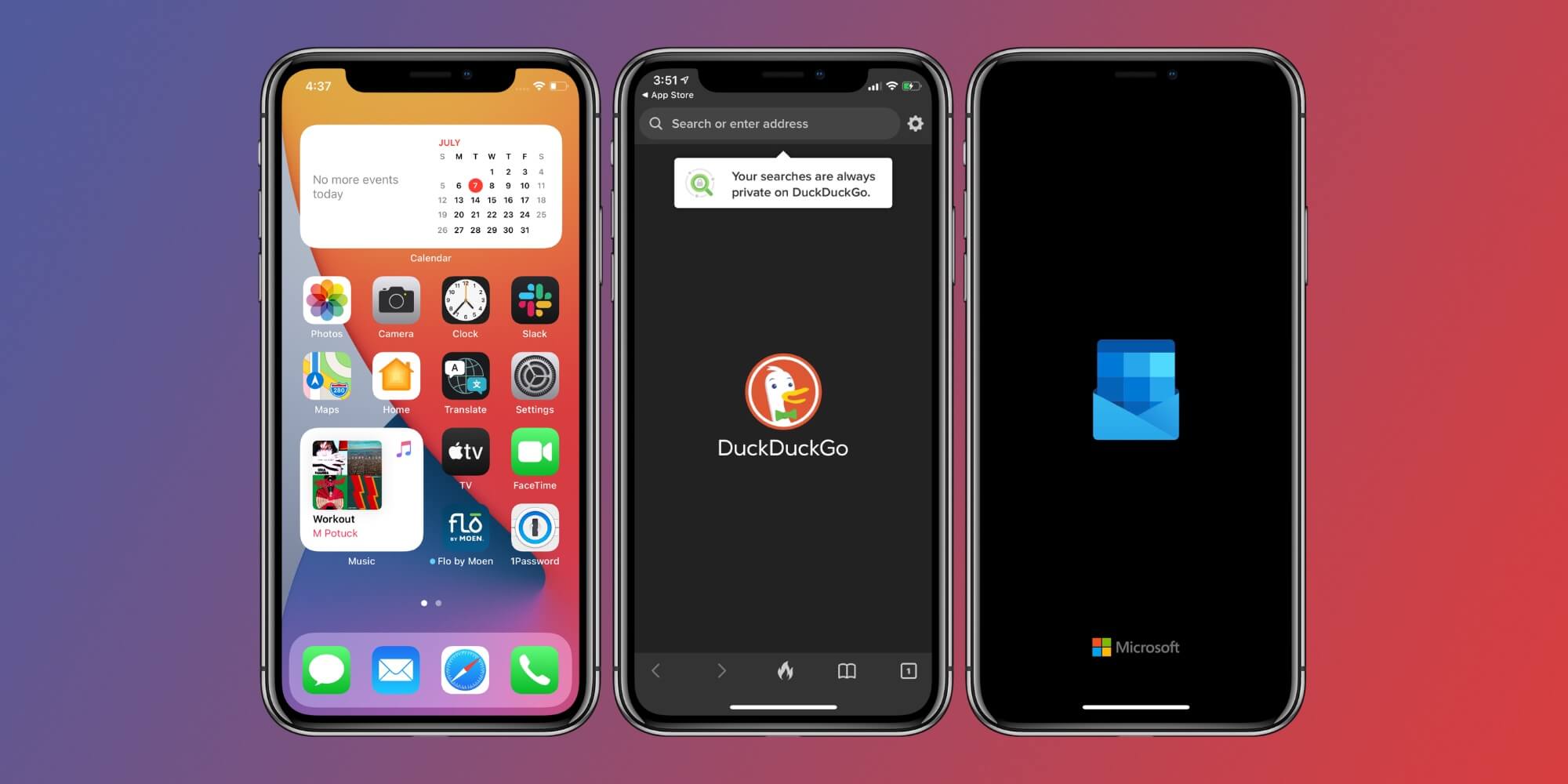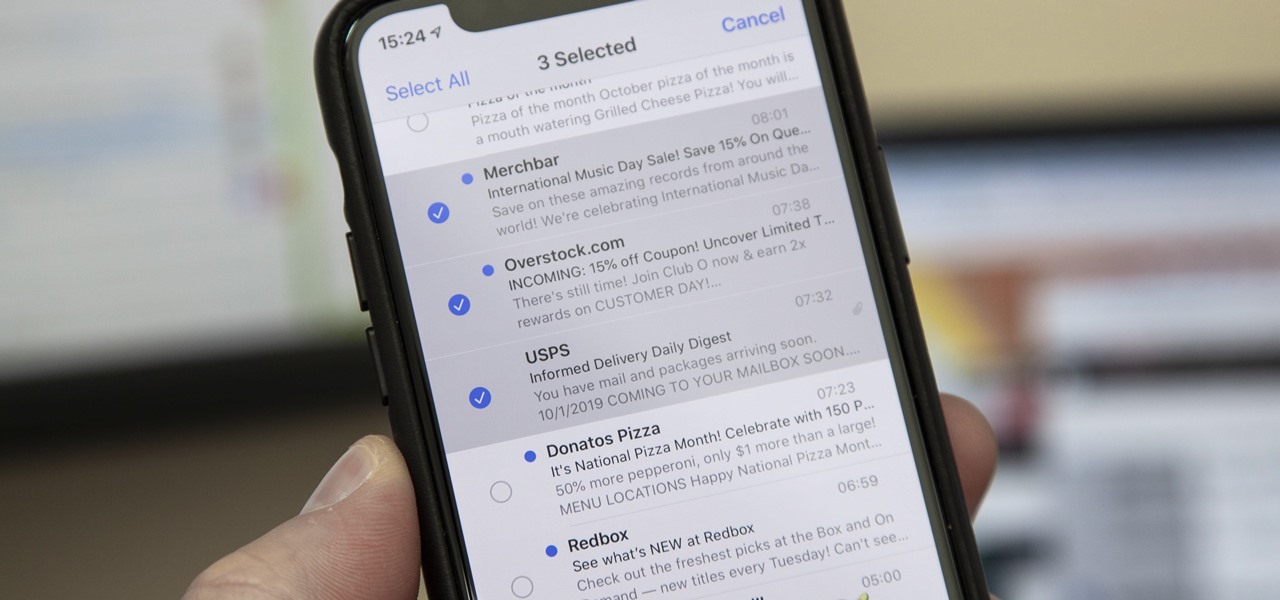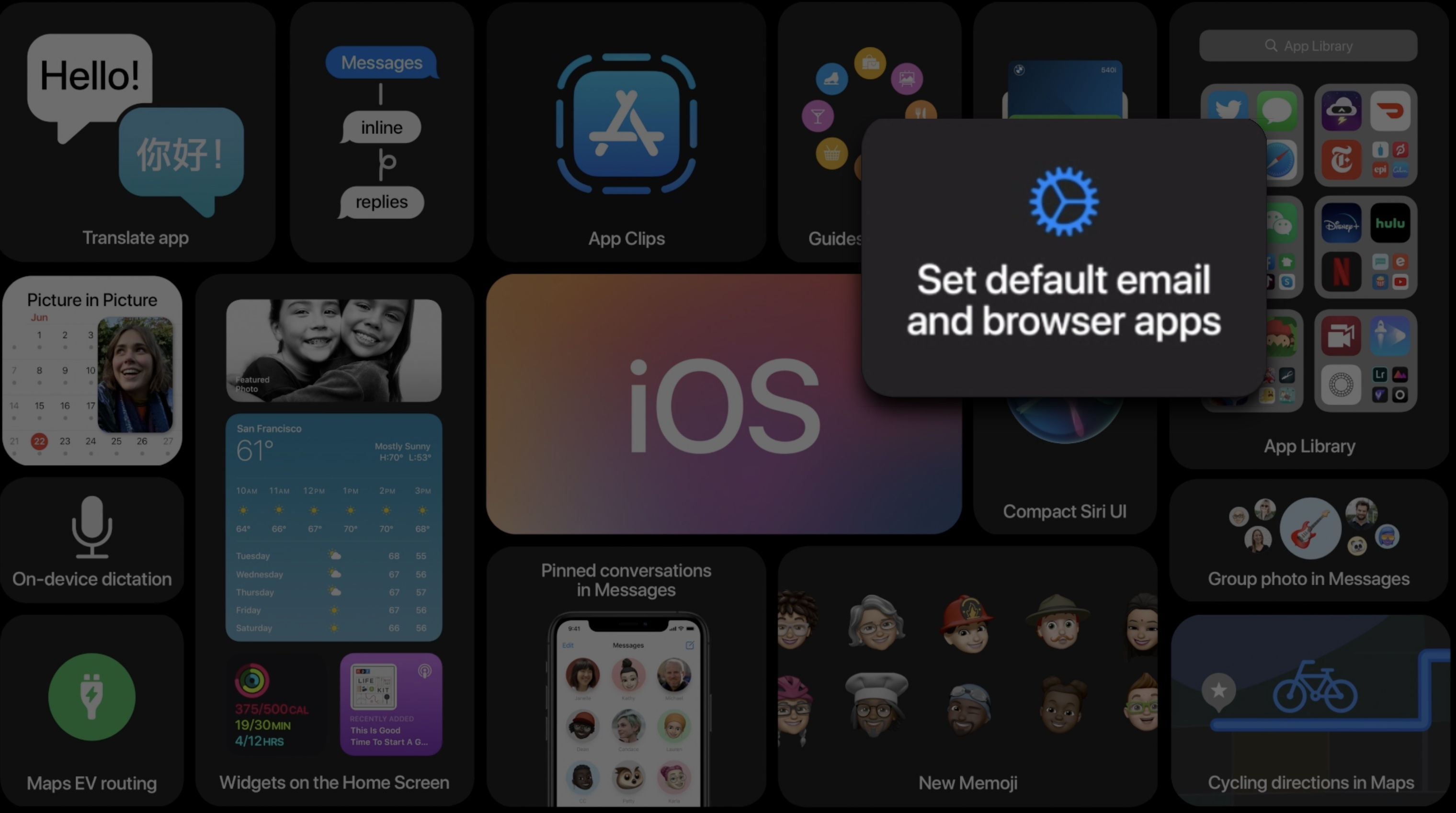In context: It's been a long time coming, but with iOS 14, Apple has finally paved the way for third-party browser and email apps to become the default client on iPhones. While the feature isn't as rich as Android's offering that lets users change the default Gallery/Photo, Music, Phone/Dialler, and SMS/Messaging apps in addition to browser and email, it's still a meaningful, consumer (and developer) friendly step from Apple towards making iOS a more flexible and embracing platform for third-party Safari and Mail competitors. The company has now shared the requirements for potential candidates looking to become the default browser or email clients once iOS 14 arrives later this year.
In a recently published support document, Apple outlined several guidelines and parameters for third-party developers of browsers and email apps, which they'll need to comply with for replacing the company's own default clients on the iPhone.
The highly requested feature was among the many we saw in iOS 14's reveal at WWDC 2020, with Apple now detailing developer-specific requirements to ensure third-party apps adhere to Cupertino's strict stance on user privacy and data access.

For default third-party browsers, Apple has mandated certain UI elements to appear on launch. These include displaying a text field for entering a URL, search tools for finding relevant links online, or showing curated lists of bookmarks. Apple also forbids such apps from using the deprecated UIWebView API and states that upon clicking a URL, the browser should not redirect users to unexpected locations or load web content not specified in the destination's source code.
These browsers, however, are allowed to restrict user navigation when operating under parental controls or locked down mode to meet the aforementioned criteria and can also present security warnings for suspicious web pages. Additionally, Apple will give restricted access for uploading photos and files through such clients and will only allow them to track a user's location while in-use. The company has also specified completely off-limit areas, which include access to a user's HomeKit and health data as well as an app's ability to look for Bluetooth devices while running in the background.
Developers who meet these conditions can then request a 'managed entitlement' from Apple, after which their app will appear as an option for users to choose as the iPhone's default browser and override Safari for automatically opening any URLs tapped in iOS 14.

For email apps, Apple requires third-party clients to be able to send a message to any valid email recipient and receive a message from any email sender. Additionally, apps providing user-controlled incoming mail screening features are also permitted.
Qualifying apps will then be able to replace Apple's Mail app as the default email client and automatically launch whenever a user opens a mailto: link. Expect a majority of feature-rich, third-party browsers and email apps to be on-board when iOS 14 comes out later this year.
